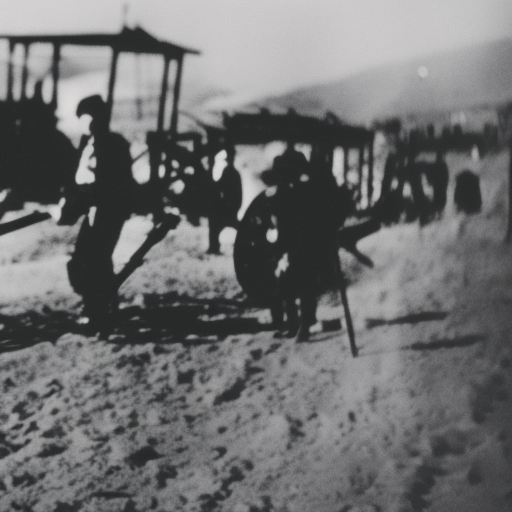Greek Civil War: A Struggle for Power and Ideology
The Greek Civil War was a conflict that took place in Greece from 1946 to 1949 between the Greek government and communist rebels. It was a complex and multifaceted conflict that arose from a combination of political, social, and ideological factors.
Background
The roots of the Greek Civil War can be traced back to World War II. During the war, Greece was occupied by Axis forces, and a resistance movement known as the National Liberation Front (EAM) emerged. The EAM was dominated by communist factions, and it played a crucial role in the resistance against the German occupation.
After the war, Greece faced a power vacuum. The EAM had established a parallel government and controlled large parts of the country. However, the British, who had supported the Greek resistance, were determined to restore the pre-war government. This led to a power struggle between the EAM and the Greek government, which eventually escalated into a full-blown civil war.
The Course of the War
The Greek Civil War can be divided into three distinct phases. The first phase, from 1946 to 1947, was characterized by intense fighting and a series of offensives by both sides. The government forces, supported by British military aid, managed to regain control of major cities and strategic areas.
In the second phase, from 1947 to 1948, the communist rebels, now known as the Democratic Army of Greece (DSE), launched a major offensive. They managed to gain significant territory and even threatened the capital, Athens. However, the government forces, with the support of the United States, launched a counteroffensive and managed to push the DSE back.
The third and final phase, from 1948 to 1949, saw the government forces launch a decisive offensive. They managed to defeat the DSE and regain control of the country. The civil war officially ended with the defeat of the communist rebels in August 1949.
Causes and Consequences
The Greek Civil War had deep-rooted causes that extended beyond the immediate post-war period. The conflict was fueled by political divisions, social inequality, and ideological differences. The government represented conservative forces, while the communist rebels sought to establish a socialist state.
The war had a devastating impact on Greece. The country suffered significant economic and infrastructural damage. Thousands of people were killed, and many more were displaced. The conflict also had a profound impact on Greek society, deepening political divisions and polarizing the population.
The Greek Civil War also had wider implications. It was part of the broader Cold War struggle between the United States and the Soviet Union. The United States saw Greece as a crucial battleground in its efforts to contain the spread of communism. The Greek government’s victory in the civil war was seen as a victory for the West and a setback for the Soviet Union.
Legacy
The legacy of the Greek Civil War continues to shape Greek society and politics. The conflict left deep scars and divisions that have persisted for decades. It also had a lasting impact on Greece’s political landscape, with the communist party being marginalized and the conservative forces dominating Greek politics for many years.
In recent years, there have been efforts to address the legacy of the civil war and promote reconciliation. However, the wounds of the conflict are still felt by many Greeks, and the memory of the war continues to influence political debates and social dynamics in the country.
In conclusion, the Greek Civil War was a complex and bitter conflict that arose from a combination of political, social, and ideological factors. It had a devastating impact on Greece and had wider implications in the context of the Cold War. The legacy of the war continues to shape Greek society and politics to this day.












